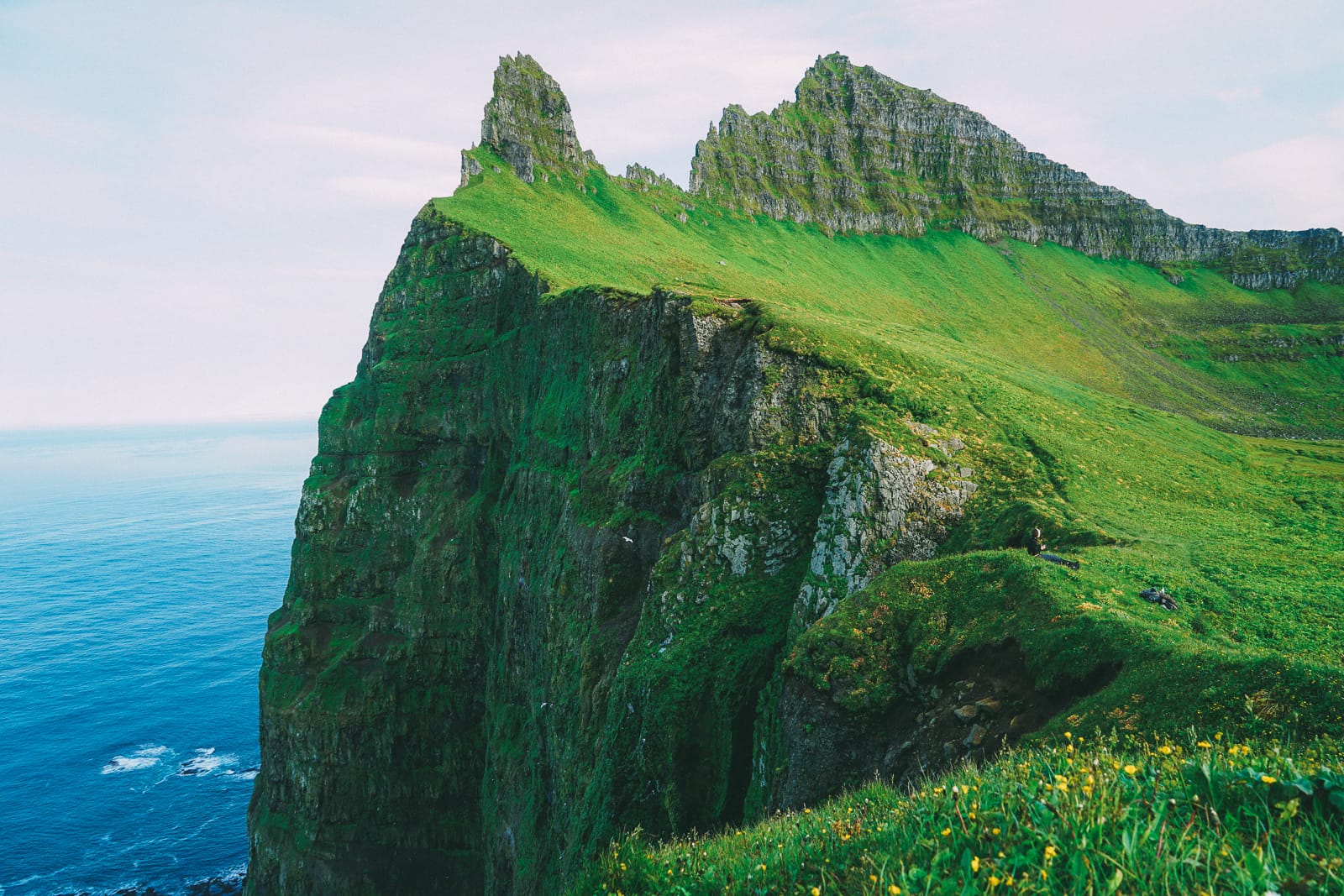I came across these words in Leaves of Grass. It inspires a kind of divine, deeply contented laziness and contentedness. Content to sit here and drink tea and feel confident that the benefit to the world will be greater than that of my effort to head out into the chilly streets and off to the conference...
Walt Whitman's Leaves of Grass, BOOK XVI, A Song of the Rolling Earth, Part 3
Whoever you are! motion and reflection are especially for you,
The divine ship sails the divine sea for you.
Whoever you are! you are he or she for whom the earth is solid and liquid,
You are he or she for whom the sun and moon hang in the sky,
For none more than you are the present and the past,
For none more than you is immortality.
Each man to himself and each woman to herself, is the word of the
past and present, and the true word of immortality;
No one can acquire for another—not one,
Not one can grow for another—not one.
The song is to the singer, and comes back most to him,
The teaching is to the teacher, and comes back most to him,
The murder is to the murderer, and comes back most to him,
The theft is to the thief, and comes back most to him,
The love is to the lover, and comes back most to him,
The gift is to the giver, and comes back most to him—it cannot fail,
The oration is to the orator, the acting is to the actor and actress
not to the audience,
And no man understands any greatness or goodness but his own, or
the indication of his own.
Read more about the what is happening at GSI and related work (Lee et al. 2011; Witney 2008; 2011ab; 2012; Whitney et al. 2012).
Further reading
Lee, Jeung Hyoung, Hyun Sun DiMatteo Jo, Susanne Padel, Robert Anderson, Marco Schlüter, Francis Blake, Katsushige Murayama, et al. “Government Policies for the Promotion of Organic Agriculture with a Focus on the Asian Pacific Region.” In Special Workshop; Government Policies for the Promotion of Organic Agriculture with a Focus on the Asian Pacific Region, 17th IFOAM OWC, South Korea, edited by Cory Whitney, 97. Seoul, South Korea: Ministry of Food Agriculture, Forestry & Fisheries, Republic of Korea, 2011.
Whitney, Cory. “A Survey of Wild Collection and Cultivation of Indigenous Species in Iceland and the Faroe Islands.” MSc, University of Kassel, 2011. Kobra (University of Kassel’s Repository und Archive).
———. “Conservation Ethnobotany in the North Atlantic.” Non-Wood News; NWFP Digest, 2011. Food and Agriculture Organization.
———. “Nordic Ethnobotany and Conservation.” NWFP News: Non-Wood Forest Products, 2012. Food and Agriculture Organization.
———. “Small Is Beautiful; How Local Organic Can Steer Us Away From Catastrophe.” Ecology & Farming, 2008. Ecology & Farming.
Whitney, Cory, J. Gebauer, and M. Anderson. “A Survey of Wild Collection and Cultivation of Indigenous Species in Iceland.” Human Ecology 40, no. 5 (2012): 781–87. https://doi.org/10.1007/s10745-012-9517-0.


